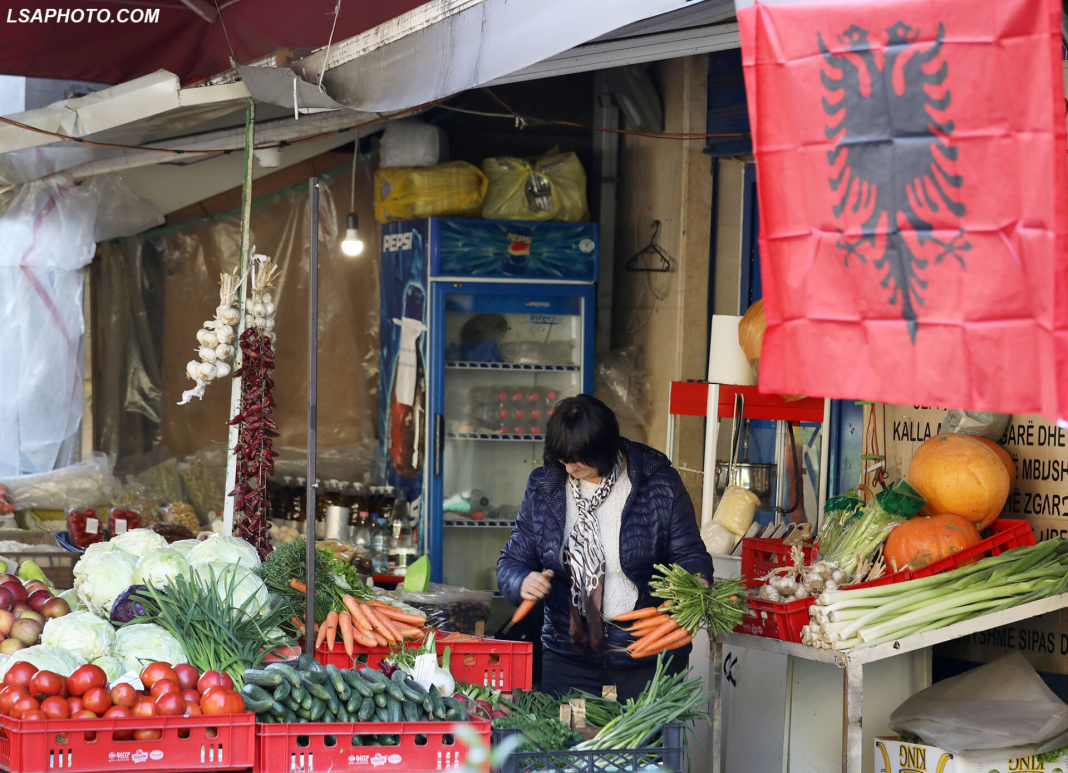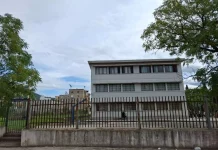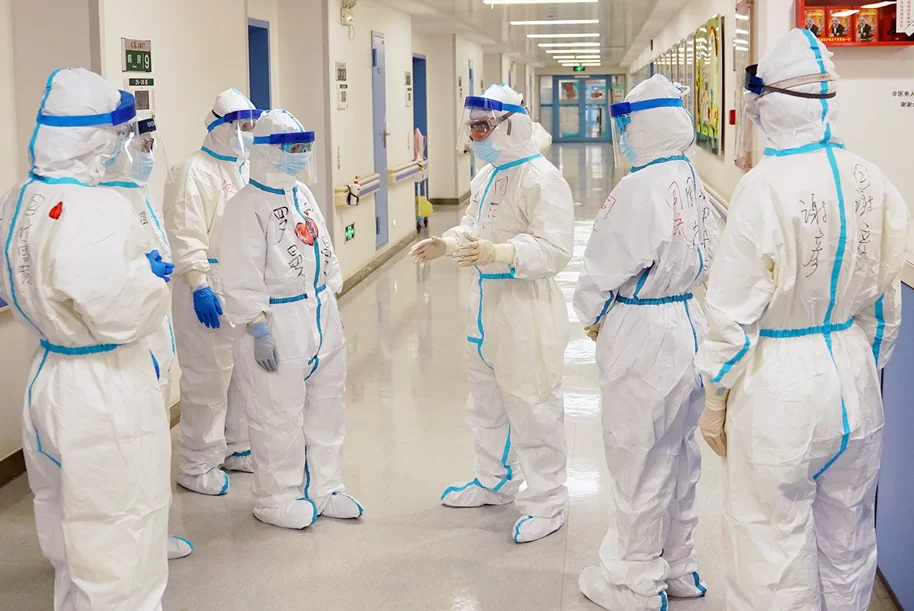In Albania, food safety is declared a priority by the government, but the budget and investments in the sector are insufficient to meet market needs. Citizens raise concerns about food safety, while the European Commission reminded the government of the lack of progress in this area.
Esmeralda Topi
Next year, agriculture will be the least funded sector in the state budget. Despite continuing to make a significant contribution to the economy, the government has allocated 14.6 Billion Lek for agriculture. This represents an increase of only 4.8% compared to the current year.
The largest portion of the agricultural budget goes to rural development, which supports agricultural production. The next priority is the management of drainage and irrigation infrastructure, and the third-largest allocation in the sector is for food safety.
For the coming year, the government plans to allocate 2.5 Billion Lek for food safety, a sector that the authorities consider a priority.
‘Food safety is one of the main priorities of the Ministry of Agriculture and Rural Development,’– stated Arjan Jaupllari, Deputy Minister for Agriculture and Rural Development, during the presentation of the draft budget to the parliamentary committee on Productive Activities.
‘Investments in food safety are now visible and have ensured food safety for the population and Albanian consumers,’ he added.
Is food safety truly a priority? In simple terms, no.
Fact
Official data reveals that in the last five years, the government has allocated a total of 10.4 Billion Lek for food safety. For the next year, the state budget plans to allocate 2.6 Billion Lek, up from 1.6 Billion Lek allocated for food safety in 2021. This period shows that the budget for food safety has increased by 1 Billion Lek, but the funds for the coming year are almost identical to those of the current year.

According to agricultural experts, this fund is very low in comparison to the needs of the local market.
‘The lack of 146 Billion Lek from the IPARD schemes makes the need for funding and investments more urgent. Although the IPA III and IPARD III funds are seen as funds for the development of the agricultural sector, their core aim is to achieve food safety in the beneficiary countries through the economic and social development of the regions,’ says Esmeralda Ballesha, an expert on agricultural issues.
According to her, the need for investment in enhancing food safety is not just linked to the private sector, but also to public institutions that oversee food safety.
‘In order to remain competitive in the region and, furthermore, to monitor products entering the European Union according to standards, these institutions must have the same tools, equipment, and capacities, which come with their own costs. These costs have been difficult to cover so far with public funds and the assistance of foreign donors,’ concludes Ballesha.
Brussels kept us in the failing grade
Food safety was one of the most negatively evaluated chapters in the European Commission’s 2024 report on Albania.
This year, the European Commission considers the issue of food safety, veterinary services, and plant protection to be even more concerning compared to the previous year. With limited progress in food safety, the country has made ‘no progress’ in this area.
The report states, ‘Albania has a level of policy preparation in the areas of food safety, veterinary, and plant protection. However, no progress has been made during the reporting period. Considerable efforts are needed to align the legislation with the EU’s acquis and implement it. Albania needs to adopt and implement a national food safety policy.’
The European Commission points out that last year’s recommendations have not been implemented and reminds the authorities of the need to fulfill these tasks.
‘Albania must focus on aligning its national legislation with the EU’s acquis, especially concerning animal and plant health, official controls, animal welfare, and the General Food Law Regulations. It needs to complete the staffing of the veterinary service to ensure its effective operation and strengthen its capacity to implement surveillance and vaccination programs for major infectious animal diseases,’ according to the European Commission’s report.
Flood of Complaints from Citizens
Hasan Stafa from the Consumer Protection Office stated to Faktoje.al that this year they have received 3,548 complaints from various citizens regarding food safety.
‘The highest number of complaints have come from urban areas in Tirana, as well as from Elbasan, Kruja, Fushë Kruja, Laç, Shkodra, Fier, Vlora, Saranda, and Durrës,’ Stafa reports.
Over 70% of the complaints from consumers, from the north to the south of Albania, are about food quality.
‘Complaints include issues such as the weight of bread, meat and its by-products, incorrect labels, or labels missing expiration dates, among others,’ says Stafa from the Consumer Protection Office.
Conclusion
Based on the processed data and gathered information, we consider the statement from the Deputy Minister for Agriculture and Rural Development, Arjan Jaupllari, claiming that food safety is a priority of the Ministry, to be false.










